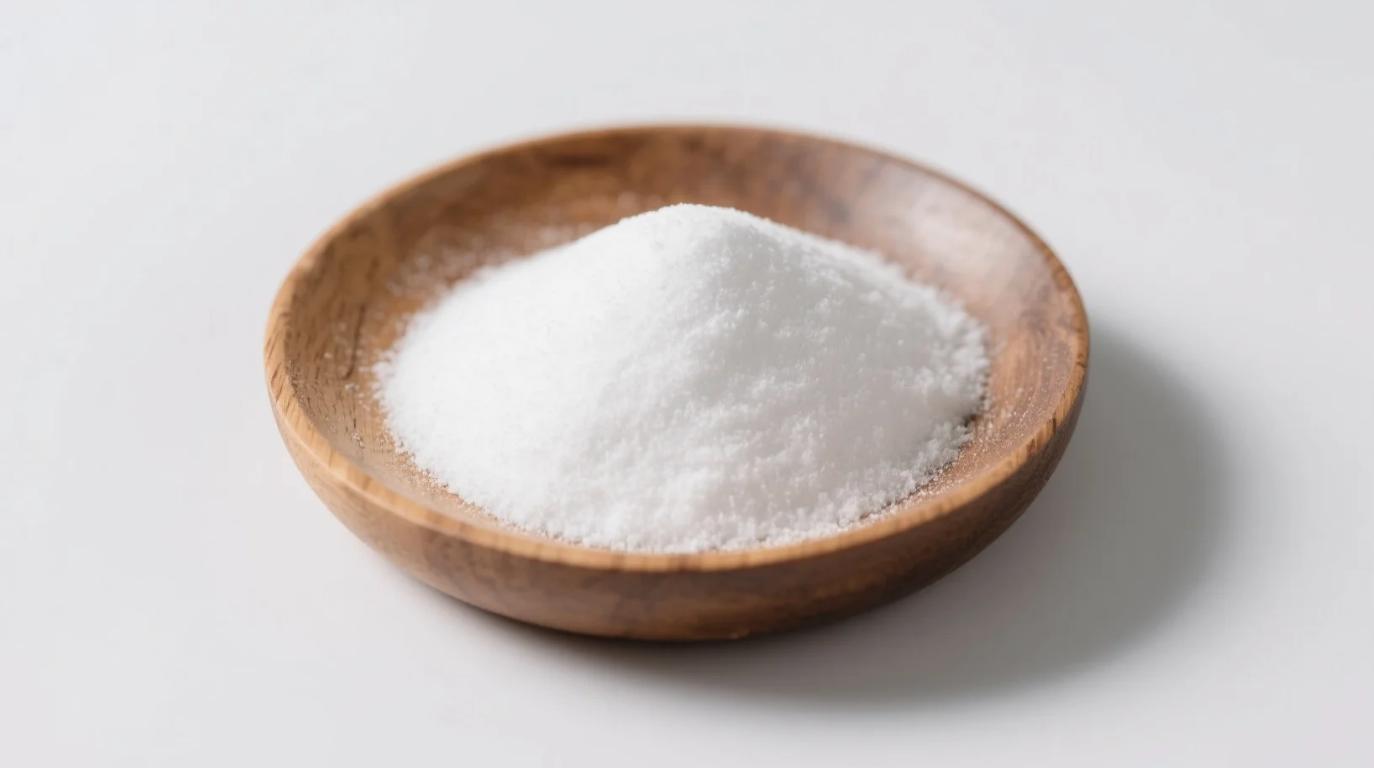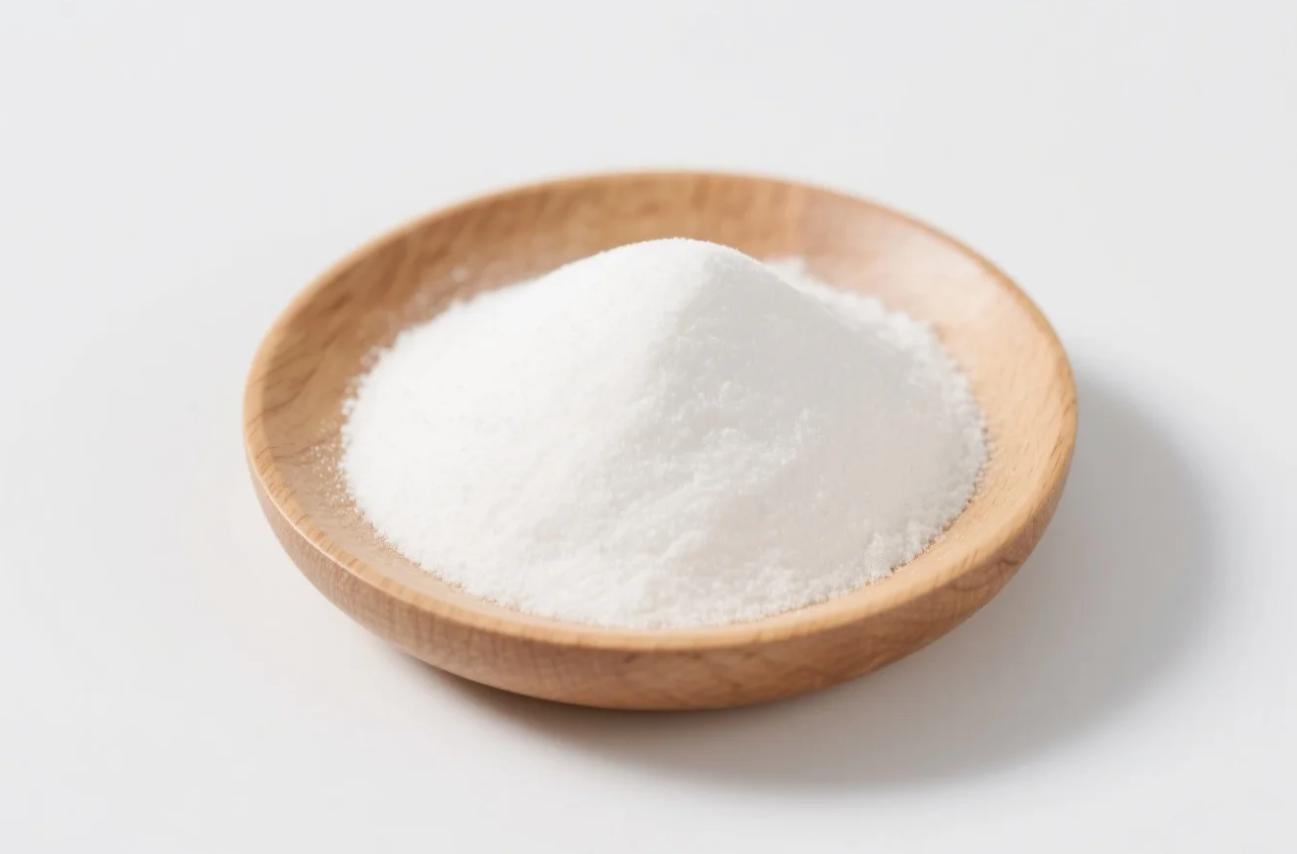Table of Contents
In the evolving landscape of sweeteners and functional ingredients, Isomaltooligosaccharides (IMO) have gained considerable attention as a low-calorie, gut-friendly alternative. Available in forms like organic IMO powder and organic IMO syrup, many are asking: Is IMO truly better than sugar? The answer is nuanced, but for those seeking healthier alternatives with added benefits, IMO presents a compelling case.
Let’s explore how IMO compares to traditional sugar and why it’s becoming a preferred choice for health-conscious consumers and formulators.
IMO vs. Sugar: A Fundamental Difference
The core distinction between IMO and traditional sugar (sucrose) lies in their chemical structure and how they are processed by the body:
- Sugar (Sucrose): A disaccharide composed of one glucose and one fructose molecule. It’s rapidly digested and absorbed, leading to quick spikes in blood sugar and providing easily accessible calories. Excess consumption is linked to various health issues, including weight gain, type 2 diabetes, and dental problems.
- Isomaltooligosaccharides (IMO): These are short-chain carbohydrates made up of glucose molecules linked together in a specific way that makes them resistant to digestion in the upper gastrointestinal tract. This resistance is key to their unique benefits.
Why IMO Offers a “Better Than Sugar” Advantage
When we compare IMO to sugar, several advantages emerge, making organic IMO powder and organic IMO syrup excellent alternatives:
- Lower Calorie Content: Because IMO resists digestion in the small intestine, it provides significantly fewer calories per gram compared to sugar. While sugar provides approximately 4 calories per gram, IMO typically provides about 1.5-2 calories per gram, depending on the specific product. This is a major benefit for calorie-reduced or weight-management products.
- Reduced Glycemic Impact: Unlike sugar, which causes a rapid surge in blood glucose, IMO has a much lower glycemic index (GI). It is digested and absorbed much more slowly, resulting in a minimal impact on blood sugar levels. This makes it a suitable sweetener for individuals managing blood sugar, including diabetics, or those seeking sustained energy release without the “sugar crash.”
- For a deeper understanding of the glycemic index of various sweeteners and carbohydrates, consult reputable sources such as academic articles on carbohydrate metabolism or diabetes management guidelines from health organizations.
- Prebiotic Fiber Benefits: This is where IMO truly shines beyond just being a sweetener. IMO acts as a prebiotic fiber. This means it selectively feeds beneficial bacteria in the large intestine (like Bifidobacteria and Lactobacilli), promoting a healthy gut microbiome. A thriving gut is linked to improved digestion, enhanced nutrient absorption, bolstered immune function, and even mood regulation. Sugar, conversely, offers no such prebiotic benefits and can even contribute to an imbalance in gut flora.
- Improved Digestive Health: As a soluble fiber, IMO can contribute to regular bowel movements and help alleviate constipation. Its fermentation in the gut produces short-chain fatty acids (SCFAs), which are beneficial for colon health.
- Clean Label and Natural Appeal: Opting for organic IMO powder or organic IMO syrup ensures that you’re choosing a product derived from non-GMO sources and processed without synthetic pesticides or harsh chemicals. This aligns perfectly with the growing consumer demand for transparent, natural, and wholesome ingredients.
Functional Versatility in Formulations
Beyond their health benefits, organic IMO products offer excellent functional properties in food and beverages:
- Mild Sweetness: IMO offers a mild, clean sweetness (about 50-60% the sweetness of sucrose), allowing it to reduce added sugar content without compromising taste.
- Bulking Agent: It provides bulk and texture, which is crucial in reducing sugar content in baked goods, bars, and other processed foods without sacrificing mouthfeel.
- Binding Agent: Particularly the syrup form, IMO can act as an effective binding agent in snack bars, cereals, and confections.
- Moisture Retention: It can help retain moisture, contributing to a desirable texture and extending shelf life in certain products.
Considerations
While IMO offers significant advantages, it’s important to remember:
- Fiber Tolerance: Like any fiber, consuming very large amounts of IMO, especially if you’re not accustomed to high-fiber intake, might lead to mild digestive discomfort (e.g., gas, bloating) in some sensitive individuals. It’s advisable to start with moderate amounts and gradually increase.
- FODMAP Content: While generally well-tolerated, some individuals highly sensitive to FODMAPs (Fermentable Oligo-, Di-, Mono-saccharides, and Polyols) might react to very high doses of IMO. Always consult the latest Monash University guidelines for specific FODMAP information if this is a concern.
In conclusion, when the question is “Is IMO better than sugar?”, for those prioritizing lower calorie intake, stable blood sugar, and enhanced gut health through prebiotic fiber, organic IMO powder and organic IMO syrup represent a clear upgrade. They offer a functional, healthy, and clean-label alternative that goes beyond simple sweetness, making them a superior choice for modern food formulations and health-conscious lifestyles.
Are you ready to innovate with organic IMO to create healthier and more functional products?
You might also like
Organic Dextrose Powder
A simple, naturally derived sugar from organic corn starch, offering clean sweetness, rapid energy, and…
Organic Maltodextrin Powder
Organic maltodextrin with DE 8–20 range, neutral taste, high solubility, and multiple functional uses.
Organic Glucose Syrup
A pure, viscous liquid sweetener derived from organic corn starch, offering balanced sweetness, excellent body,…




